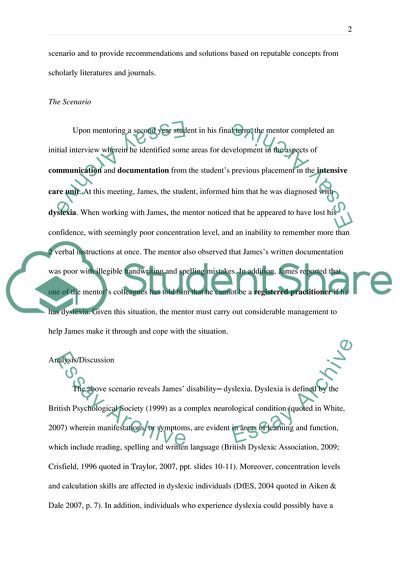Cite this document
(Management of a Learner Who is not Achieving the Required Level of Com Case Study - 1, n.d.)
Management of a Learner Who is not Achieving the Required Level of Com Case Study - 1. Retrieved from https://studentshare.org/social-science/1722188-management-of-a-learner-who-is-not-achieving-the-required-level-of-competence-in-practice
Management of a Learner Who is not Achieving the Required Level of Com Case Study - 1. Retrieved from https://studentshare.org/social-science/1722188-management-of-a-learner-who-is-not-achieving-the-required-level-of-competence-in-practice
(Management of a Learner Who Is Not Achieving the Required Level of Com Case Study - 1)
Management of a Learner Who Is Not Achieving the Required Level of Com Case Study - 1. https://studentshare.org/social-science/1722188-management-of-a-learner-who-is-not-achieving-the-required-level-of-competence-in-practice.
Management of a Learner Who Is Not Achieving the Required Level of Com Case Study - 1. https://studentshare.org/social-science/1722188-management-of-a-learner-who-is-not-achieving-the-required-level-of-competence-in-practice.
“Management of a Learner Who Is Not Achieving the Required Level of Com Case Study - 1”. https://studentshare.org/social-science/1722188-management-of-a-learner-who-is-not-achieving-the-required-level-of-competence-in-practice.


